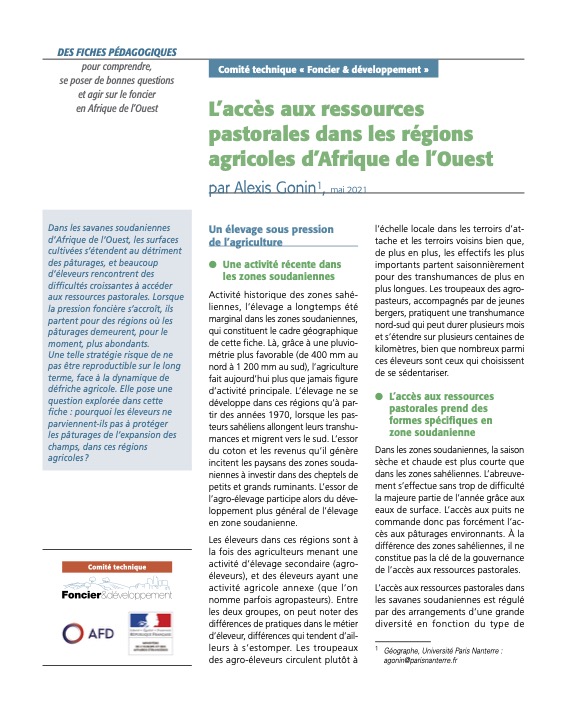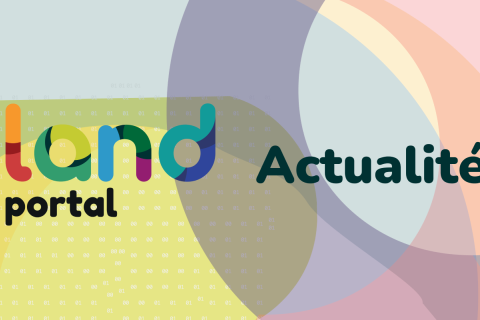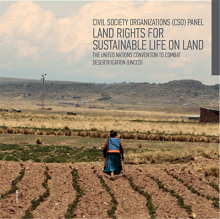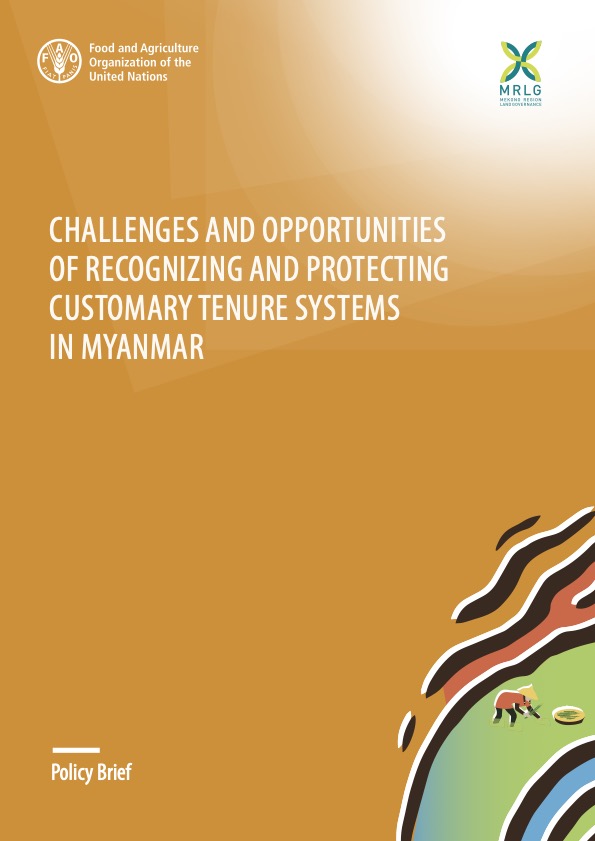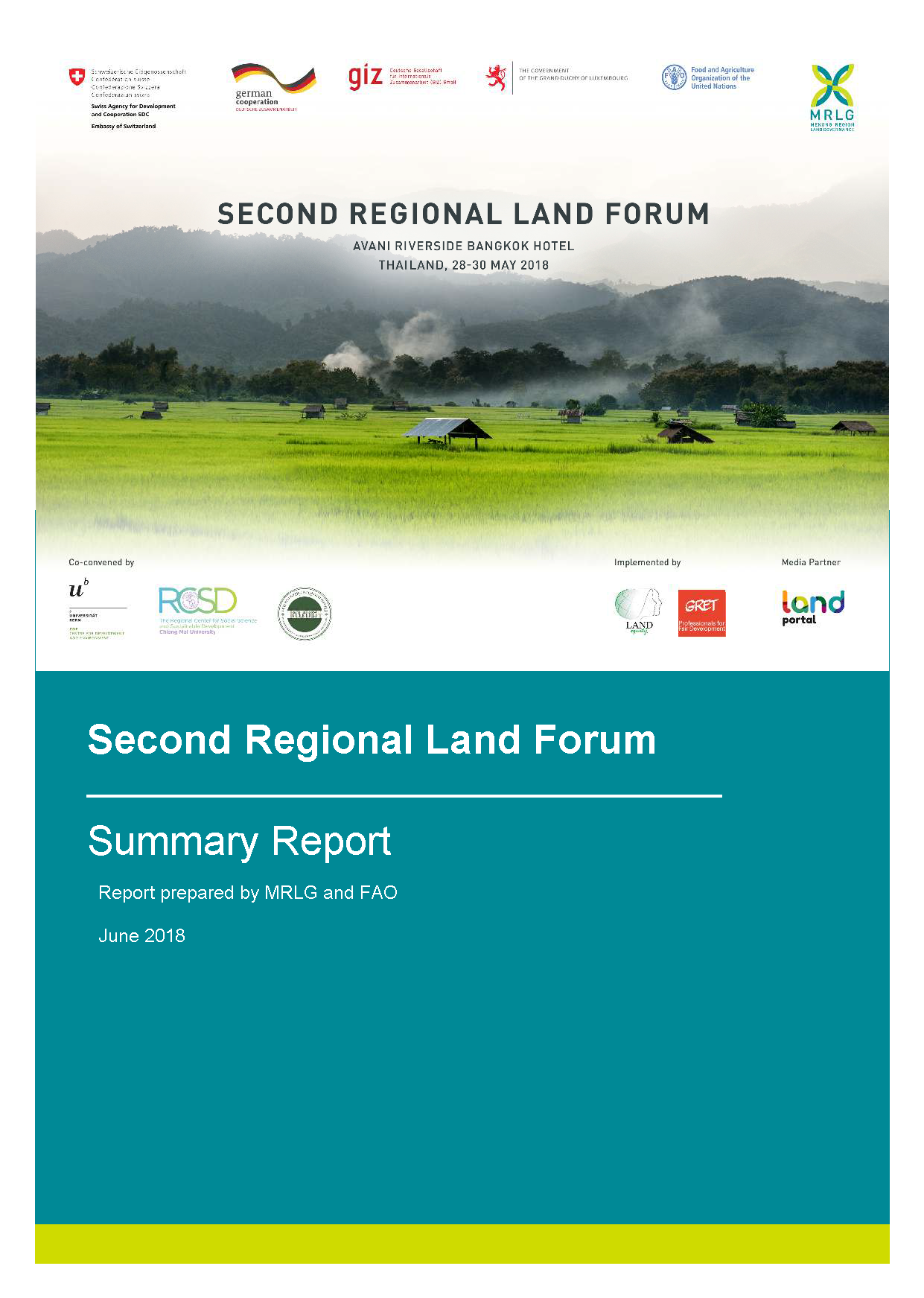
Topics and Regions
Israel Bionyi is a Communication and Media Specialist. Award winning communications specialist and respected former journalist with strong passion for the planet. Double Masters in Communications, Media and PR from the Universities of Leicester and Douala. Over 6 years of experience in international development and journalism, where he supports women’s land rights, builds the capacity of Island states to fight climate change, and engages African institutions on energy and climate. Founded Development Media for Africa, an initiative that works to help reduce poverty and support people in understanding their rights across Africa. He is Deputy Editor for the African Conservation Telegraph and a member of the International League of Conservation Writers. Won several awards for his work in media and development, including the UN Media for Social Impact Leadership Council Award 2018, the Science Media Award & Summit Fellowship, the African Development Bank Energy and Climate Fellowship, and the Haller Development Journalism Award.
Details
Location
Contributions
Displaying 651 - 660 of 855L’accès aux ressources pastorales dans les régions agricoles d’Afrique de l’Ouest
Dans les savanes soudaniennes d’Afrique de l’Ouest, les surfaces cultivées s’étendent au détriment des pâturages, et beaucoup d’éleveurs rencontrent des difficultés croissantes à accéder aux ressources pastorales. Lorsque la pression foncière s’accroît, ils partent pour des régions où les pâturages demeurent, pour le moment, plus abondants. Une telle stratégie risque de ne
Les conflits fonciers et leur résolution à l’échelle locale dans un contexte de marchandisation de la terre
Les conflits fonciers et leur résolution à l’échelle locale dans un contexte de marchandisation de la terre. Une étude de cas dans les Hautes Terres à Madagascar.
Études – Adaptation des systèmes pastoraux aux changements climatiques
Mené par le CIRAD, l’Ired et la Plateforme pastorale du Tchad, le projet de recherche-action « Adapter l’accès aux ressources agro-pastorales dans un contexte de mobilité et de changement climatique pour l’élevage pastoral au Tchad » vise à produire des connaissances, tester et évaluer des innovations et fournir des outils d’aide à la décision, afin de faciliter l’adaptation des éleveurs et agriculteurs face à des environnements de plus en plus marqués par des évènements extrêmes.
Civil Society Organizations (CSO) Panel: Land Rights for Sustainable Life on Land
The Sustainable Development Goal 15 “Life on land” commits world leaders to work together to achieve land degradation neutrality (LDN) for safeguarding life on land. One of the objectives that comprise LDN is to reinforce responsible governance of land tenure. Land rights are a key factor for achieving LDN. This publication by the UNCCD CSO Panel aims to analyze and highlight the linkages between land rights and land degradation with the objective of offering policy recommendations to enhance land rights for both the prevention of land degradation and the recovery of degraded lands.
Improving Governance of Tenure in Policy and Practice: Monitoring in a Space for Multiple Views
The dynamics of current global challenges—like food and nutrition security, environmental degradation, climate change, and emergencies—reduce the availability of and/or access to natural resources, and thereby underline the urgency of achieving transformational changes in the governance of tenure. This is increasingly required to bring the greatest good to the most people, in line with human rights.
Improving Governance of Tenure in Policy and Practice: A Conceptual Basis to Analyze Multi-Stakeholder Partnerships for Multi-Stakeholder Transformative Governance Illustrated with an Example from South Africa
Tenure governance is a complex and multi-dimensional issue that requires cross-sectoral and holistic approaches, gathering the resources, information and expert skills of a variety of actors while exploring innovative, polycentric multi-stakeholder governance arrangements to address collective action challenges. To do this, multi-stakeholder partnerships are formed where public and private partners pool their resources and competencies to address mutual goals more effectively.
Challenges and opportunities of recognizing and protecting customary tenure systems in Myanmar
This policy brief was developed in order to enable a meaningful engagement and policy dialogue with government institutions and other relevant stakeholders about challenges and opportunities related to recognizing and protecting customary tenure in the Republic of the Union of Myanmar.
Challenges and opportunities of recognizing and protecting customary tenure systems in the Lao People’s Democratic Republic
This policy brief was developed in order to enable a meaningful engagement and policy dialogue with government institutions and other relevant stakeholders about challenges and opportunities related to the recognition of customary tenure in the Lao People’s Democratic Republic. Customary tenure is understood to be the local rules, institutions and practices governing land, fisheries and forests that have, over time and use, gained social legitimacy and become embedded in the fabric of a society.
Mekong Regional Land Forum 2021: Land tenure in Mekong forest landscapes: Advancing the recognition of customary rights and responsible investment practices. Summary Report
Summary Report of the Second Regional Land Forum, 28 – 30 May 2018
The forum was co-hosted by the Mekong Region Land Governance Project and the Food and Agriculture Organization of the United Nations. Co-Conveners of the programme includes the Centre for Development and Environment (CDE), University of Bern, the Deutsche Gesellschaft für International Zusammenarbeit (GIZ), the Regional Center for Social Science and Sustainable Development (RCSD) and the Independent Mediation Group (IMG). The Swiss Agency for Development and Cooperation, Federal Ministry of Economic Cooperation and Development and the Grand Duchy of Luxembourg supported the Forum.

